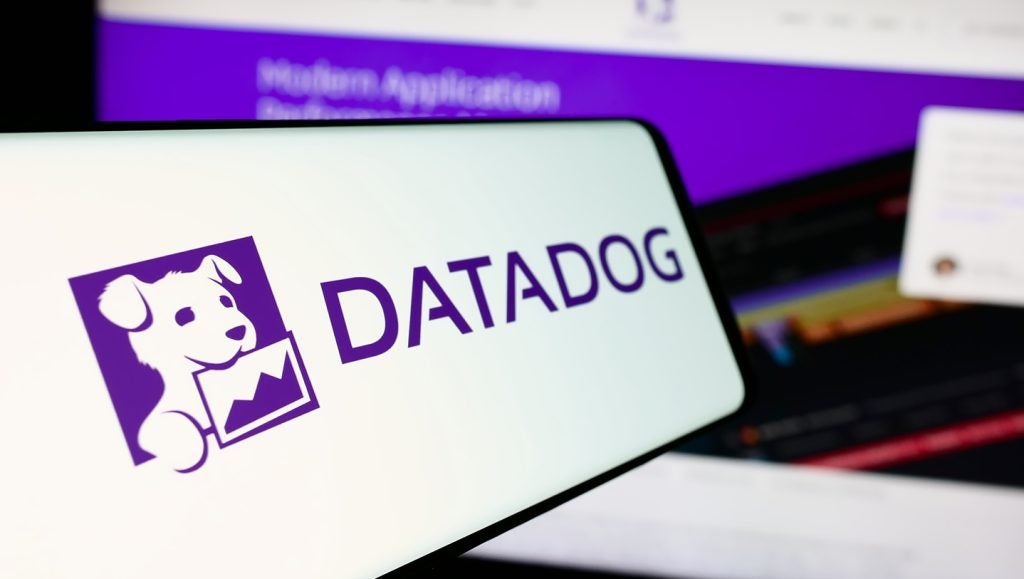According to Gucci, it’s “only a matter of time” before major fashion houses get into non-fungible tokens (NFTs). It represents an interesting dilemma for brands that wish to profit from the hype surrounding NFTs, yet do not want to join the masses who can easily create similar products.
NFTs are a way to transform a digital good that can be endlessly copied – such as an image, video, or message –into something unique, which is then verified on a blockchain. It is a digital version of a certificate of authenticity. NFTs often act as collectibles that consumers can purchase and store, like Pokémon cards or an original painting.
Fashion appears to be ideally suited to the world of unique collectibles that embody creative NFTs. One-of-a-kind digital pieces, either adapted from popular items or specifically created for the digital space, are the cornerstone of the creative NFT market. Creative NFTs ostensibly transform digital clothes from sophisticated marketing into tradable objects. Verification on a blockchain means designers can ensure ownership, authenticity, and originality.
NFTs may be unique, but they are not exclusive
Originality would be a huge selling point for fashion brands. However, the unique nature of NFTs is offset by low entry barriers. Anyone can create NFTs. As high-end fashion relies on scarcity and exclusivity, this would seemingly diminish the appeal.
Furthermore, the fashion NFT market is fragmented. Unlike other industries, such as sport, there is no single marketplace where people can trade art and fashion luxury NFTs. Many different marketplaces are already competing to become the top marketplace for luxury goods, Christie’s and Wenew being notable examples. There is a need for a tailored, sophisticated marketplace that acts as a storefront for high-end fashion.
Clothing brands are making games fashionable
There is already plenty of evidence to suggest that major fashion houses are entering the digital space by creating virtual replicas of garments that can be showcased using virtual and augmented reality. They are a marketing gimmick designed to target new collections to Gen-Z and Millennial audiences. They are often more tech-savvy and, therefore, more receptive to this form of advertising.

US Tariffs are shifting - will you react or anticipate?
Don’t let policy changes catch you off guard. Stay proactive with real-time data and expert analysis.
By GlobalDataThere are multiple examples of how digital garments are marketed and sold on virtual platforms. For example, in May 2021, a digital replica of Gucci’s Dionysus bag was sold on Roblox’s platform for around $4,115, making it more expensive than the physical bag itself. French label Balenciaga showcased its Fall 2021 collection through bespoke video game Afterworld: The Age of Tomorrow, developed by Unreal Engine. As early as 2019, LVMH collaborated with Riot Games to release a capsule collection in League of Legends.
Fortnite’s marketplace features a constantly updated catalogue of ‘skins’ (clothing, hairstyles, and other aesthetic features) for users’ avatars. These in-game microtransactions can cost players anywhere between $8 and $20, with players spending on average $20 a month. This direct-to-avatar (D2A) economic model is suited to fashion brands, which can sell digital garments within the gaming industry while also using in-game avatars as mannequins to advertise their products.
NFTs are an ideal publicity stunt for fashion houses. They bring them into the digital era and could attract a younger audience. Brands such as Balenciaga and Gucci could become major beneficiaries of the NFT hype. However, whether the likes of Gucci will ultimately embrace design in the digital space depends on the ability to remain exclusive. They’ll have no interest in entering a saturated, easily accessible market.








